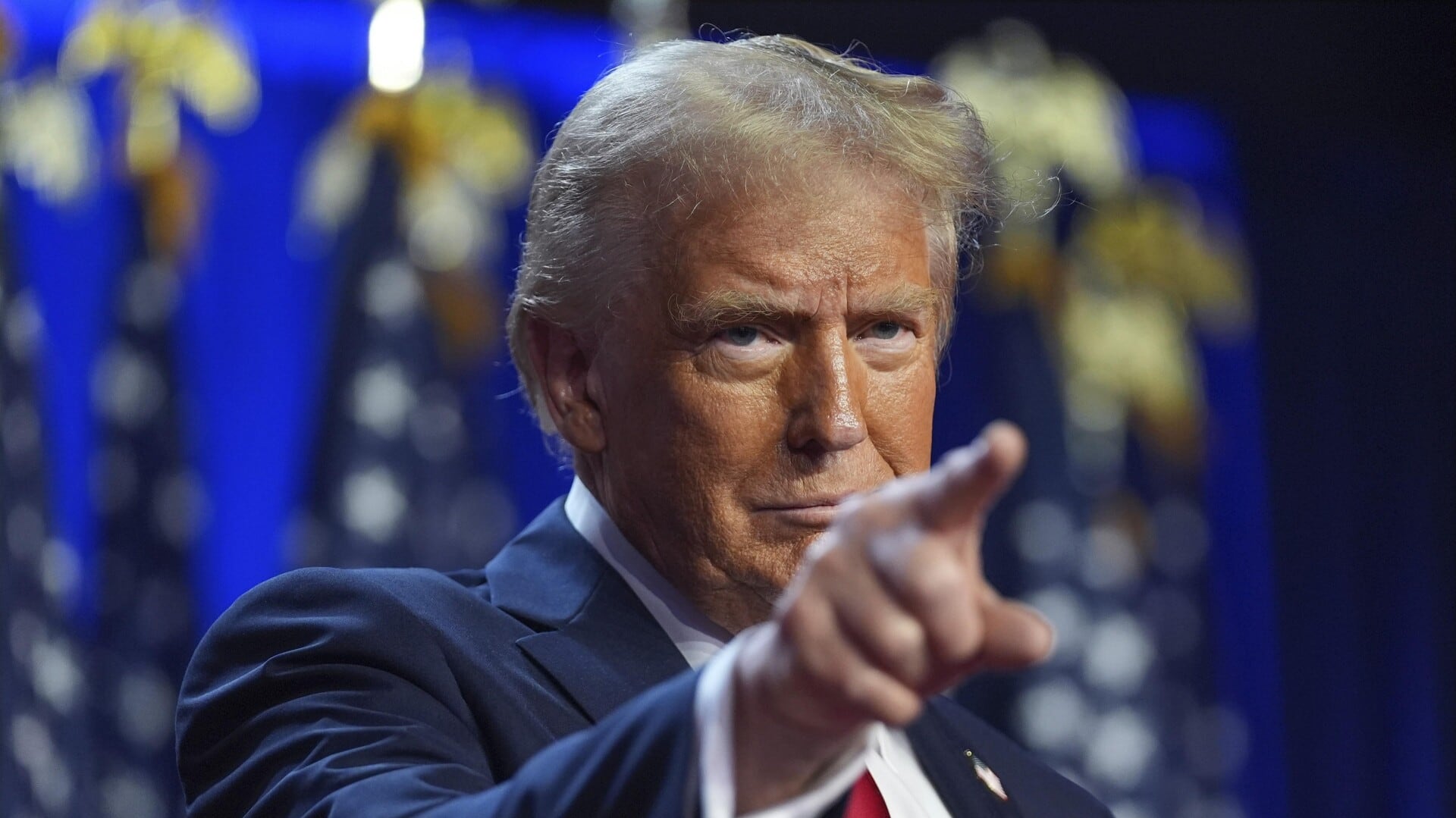
Trump pauses enforcement of law banning bribery of foreign officials
What's the story
President Donald Trump has signed an executive order to temporarily suspend the enforcement of the Foreign Corrupt Practices Act (FCPA).
The FCPA is a law that bans American companies from bribing foreign officials.
The move is aimed at preventing US businesses from being placed at a competitive disadvantage worldwide.
"It sounds good, but it hurts the country," Trump said about FCPA's impact on business deals.
Guidelines revision
New FCPA guidelines to be prepared
Attorney General Pam Bondi has been assigned to prepare new guidelines for FCPA enforcement.
The White House clarified this pause is meant to align FCPA with economic interests and national security.
It said that the law puts US firms at a disadvantage because they cannot engage in practices that are "common among international competitors, creating an uneven playing field."
Order
Many deals are unable to be made: Trump
"Many, many deals are unable to be made because nobody wants to do business, because they don't want to feel like every time they pick up the phone, they're going to jail," Trump said.
"American national security depends on America and its companies gaining strategic commercial advantages around the world, and President Trump is stopping excessive, unpredictable FCPA enforcement that makes American companies less competitive," a copy of a White House factsheet seen by Reuters read.
Case reviews
Review of past and current FCPA-related actions announced
The White House has said all current and past FCPA-related actions will be reviewed under new guidelines.
This includes high-profile cases of settlements by Siemens AG and Goldman Sachs, which led to billions in penalties.
After new and more relaxed guidelines are issued, all "future FCPA investigations and enforcement actions will be governed by this new guidance and must be approved by the Attorney General," the White House said.
Act's evolution
FCPA's history and potential impact of Trump's order
The FCPA, which was enacted in 1977 and expanded in 1998, prohibits Americans and certain foreign entities from bribing foreign officials.
The law applies to direct and indirect bribes, with severe penalties for violators.
In 2024 alone, the Department of Justice announced 24 enforcement actions related to FCPA violations.
Trump's recent order could potentially affect ongoing cases, including charges against Indian billionaire Gautam Adani accused of a $250 million bribery scheme involving US investors.